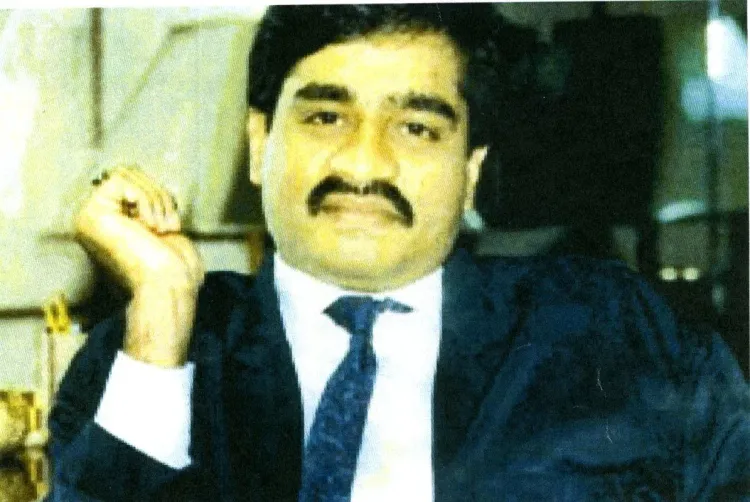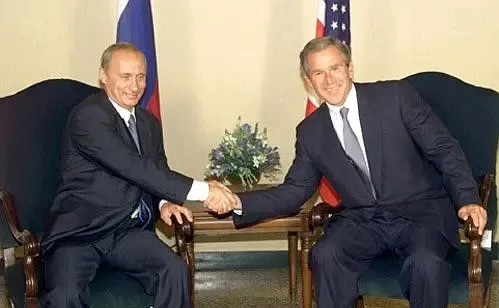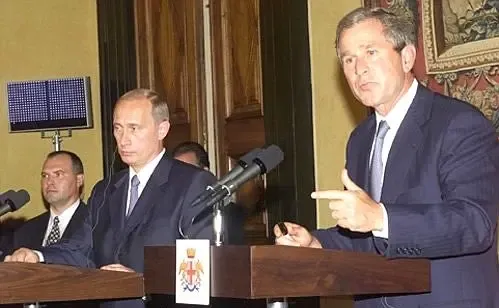Is the D-Syndicate Planning to Expand its Narco Trade into Southern and Northeastern Routes?

Synopsis
Key Takeaways
- Intensified Crackdown: NCB is actively pursuing the D-Syndicate.
- New Routes: The syndicate is exploring southern and northeastern India for expansion.
- Strategic Management: Haji Salim oversees operations in new regions.
- International Links: Routes through Sri Lanka are key for drug smuggling.
- Community Impact: Increased drug distribution could affect local markets.
New Delhi, Oct 30 (NationPress) Recently, the Narcotics Control Bureau (NCB) has intensified its efforts against the Dawood Ibrahim-affiliated drug network operating in India.
The apprehensions of Danish Chikna and Mohammed Salim Sheikh have significantly impacted the Dawood syndicate, leading them to explore new markets.
As intelligence agencies zero in on operations in Maharashtra and its neighboring states, the D-Syndicate is strategizing to broaden its reach into the northeastern and southern regions of India.
Similar actions will be taken in these areas, but it remains crucial to dismantle networks in states like Maharashtra and Gujarat, which have historically been the syndicate's strongholds.
While Dawood Ibrahim has expanded his operations across the nation, the core of his command remains in Maharashtra.
Individuals within this network oversee businesses nationwide, making it essential to disrupt their operations first to weaken the entire framework.
In the northeastern and southern states, activities are currently managed by Haji Salim, a collaborator with the ISI and a key player in the Dawood network.
Salim has taken a more prominent role following the silence of Chhota Shakeel, Dawood's right-hand man.
With Anees Ibrahim, Dawood's sibling, overseeing international dealings, Salim is now primarily responsible for domestic markets.
Intelligence reports indicate that the ISI and syndicate have directed Salim to concentrate on the southern and northeastern sectors, believing there is significant potential.
The syndicate is particularly interested in the northeast due to established routes from Myanmar. With Bangladesh fully opening to the ISI, they see further opportunities.
In the south, while the syndicate's network exists, it has primarily focused on smuggling drugs out of the country. Narcotics are first trafficked into southern states, especially Kerala and Tamil Nadu, and then routed to international markets, like Thailand via Sri Lanka.
An official from the Intelligence Bureau states that the syndicate is also seeking to introduce more drugs through Sri Lanka before distributing them within the Indian market.
Despite the vast international market, the syndicate is unwilling to forfeit the Indian market due to substantial demand.
They aim not only to recover losses in Maharashtra but also those incurred in Punjab.
Efforts to import drugs through the Punjab route—using both couriers and drones—are failing due to heightened scrutiny and security, prompting the Dawood network to leverage the southern route to smuggle drugs in large volumes for the Indian market.
To smuggle drugs from the international market, the syndicate will utilize the route via Sri Lanka, aiming to import consignments into Tamil Nadu and Kerala before distributing them nationwide.
Officials believe this method will be more effective, as most consignments will be transported by land.
The scrutiny at southern international borders is comparatively less than that at the Punjab or Jammu and Kashmir borders. Additionally, smuggling drugs via land routes into India would attract less attention, increasing the chances of successful shipments.
Another official highlighted that the D-Syndicate is also exploiting the influx of illegal immigrants settled in South India, who could potentially serve as couriers for drug distribution in the Indian markets.










